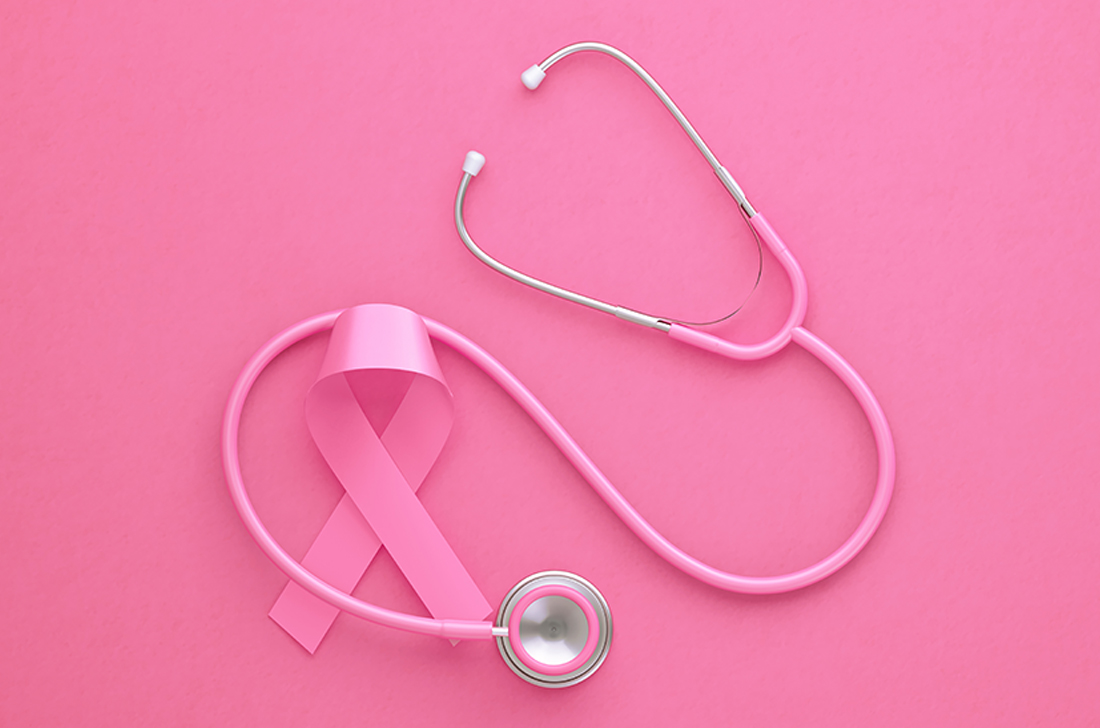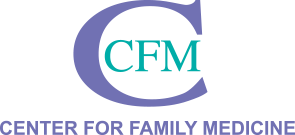No Excuses: Here’s What You Need to Know about Breast Cancer Screenings

Early detection of breast cancer can lead to better chances of survival, and the only way to get this early detection is through regular screenings. It’s important to remember that just because you’re not currently experiencing any symptoms of breast cancer doesn’t mean you should skip your next mammogram appointment — in fact, most women with breast cancer don’t have any noticeable symptoms until the cancer has already spread and has become more difficult to treat. Read on to learn more about why breast cancer screenings are so important and how you can get yours scheduled!
Why Should I Get Mammograms?
A mammogram is a type of breast x-ray that can show if you have any breast cancer tumors or abnormal growths in your breasts. It cannot predict breast cancer, but it can detect it early on. This means that if you have a small tumor, it might be able to be treated before it grows large enough to spread and become life-threatening.
Who Should Be Getting Mammograms
The decision of whether or not you should get a mammogram comes down to one thing: how old are you? The reason is that mammograms aren’t always accurate in finding breast cancer in younger women, so for women under age 50, they’re an optional test. In other words, getting a mammogram isn’t mandatory unless your doctor believes you have an increased risk of breast cancer based on specific factors such as family history.
When Should I Start Getting Them?
According to the American Cancer Society, women should start getting annual mammograms at age 45 or earlier if there is a history of breast cancer in their family. This seems very young for many women, but recent research has shown that mammograms are particularly beneficial for younger women because their breast tissue changes more rapidly than it does in older women. Starting early allows doctors to see signs of cancer when they’re small and easier to treat successfully.
Where Can I Go for One?
Your doctor should offer you a breast cancer screening if you’re 40 or older. However, if you have a personal or family history of cancer, your doctor may suggest getting an earlier screening. If it is your first time for a mammogram, make sure that it is performed by an accredited facility with specialized equipment.
Contact us today to learn more about breast cancer screenings and how we can help.


